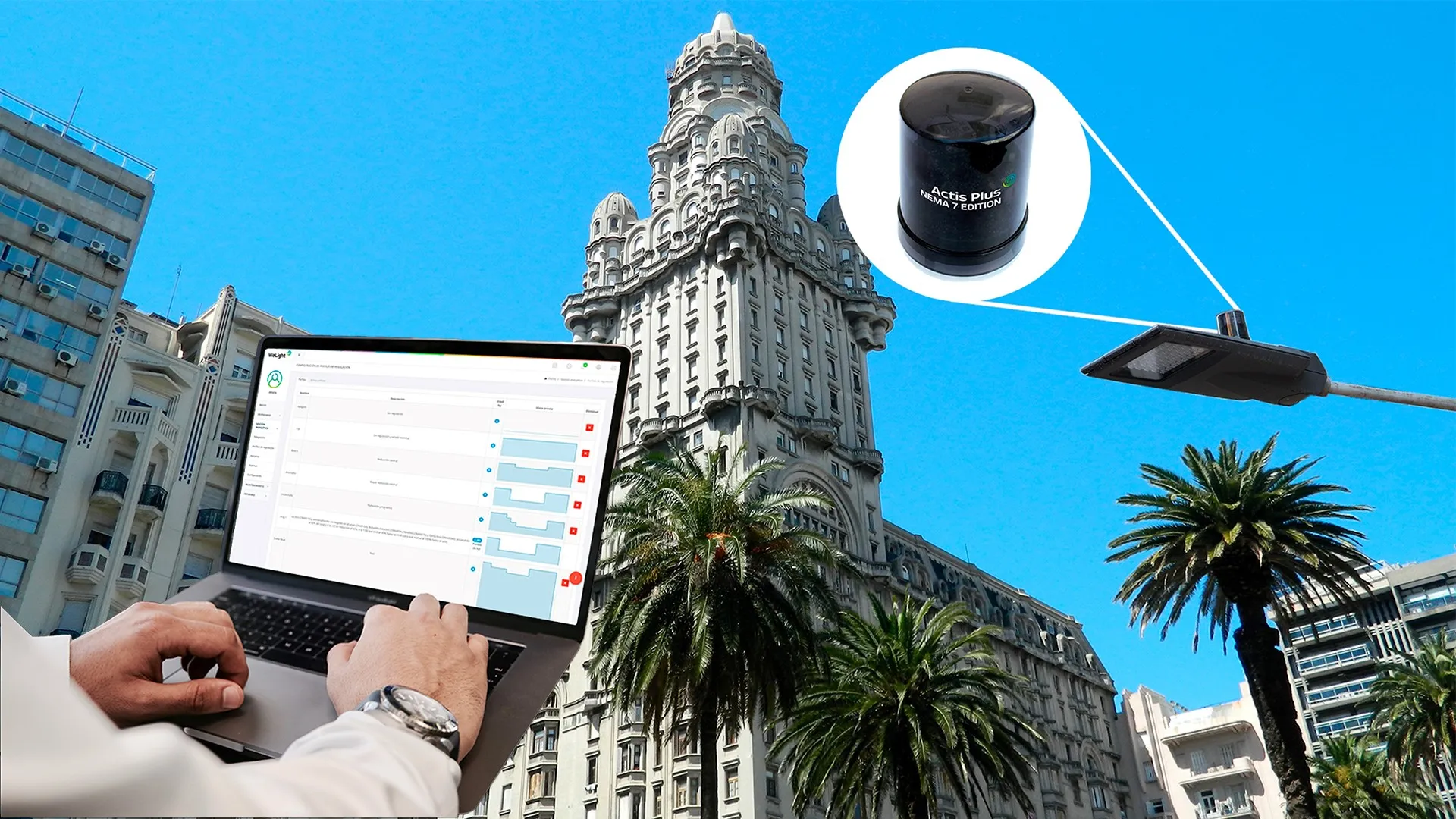
Spain-headquartered
Libelium’s Smart Parking sensors can be buried in parking spaces and communicate with the rest of the sensor network using Waspmote’s ZigBee radio. According to Alicia Asín, CEO of Libelium, “The first deployment of the platform will be with
According to Asín, Waspmote’s outstanding power management and over the air programming (OTA) mean that, once installed, parking sensors do not need to be accessed for years. Motes only need to transmit when a parking event – a vehicle arriving or leaving a space – takes place. With suitable batteries a sensor can operate for five years before it needs to be physically accessed for battery replacement. OTA programming enables the software for entire networks to be upgraded efficiently over the radio network without digging up the parking spaces. The low maintenance involved in smart parking sensor networks means that networks with hundreds of nodes can readily be deployed.
Smart parking sensors communicate with their gateway via radios at either 2.4 GHz or 868/900 MHz. For 2.4 GHz ZigBee connections, mesh networks are implemented with routing motes located in street lights. For the lower frequency radios, it is possible for parking sensors to communicate directly with the gateway as the propagation distance is longer.








